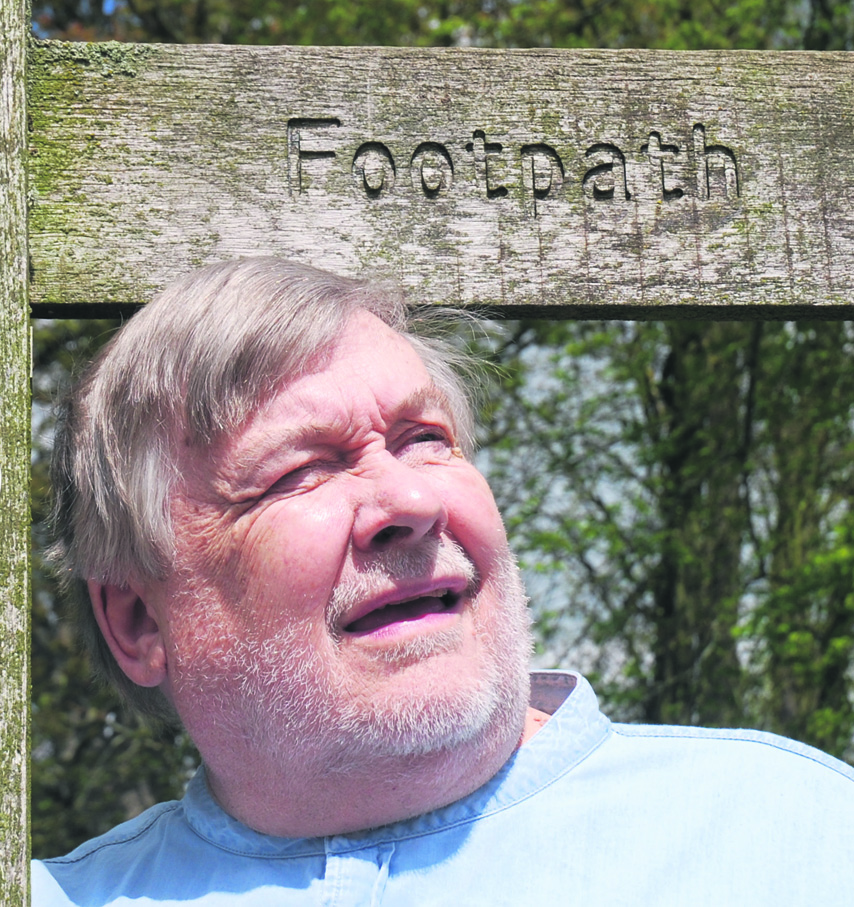Durham Miners’ Association general secretary ALAN MARDGHUM speaks to Ben Chacko ahead of Gala Day 2025
Dorothy Rosaman Hartley wrote some of the best books on traditional English food, country crafts, rural traditions and much else beside. As well as books, many of which became definitive masterpieces, she also wrote a weekly column for the Daily Sketch between 1933 and 1936.
The Sketch may have been a low Tory paper but Hartley’s columns could be relied on to speak with the voice of the working women and men who were deeply engaged in the day to day feeding, farming and the many crafts of the countryside.
Now there is a chance to read many of her original Sketch columns in a book.
Hartley was born on October 4 1893 at the grammar school, Skipton, Yorkshire, where her father the Reverend Edward Tomson Hartley was owner and headmaster.
His wife, Amy Lucy Eddy, came from Froncysylltau, near Llangollen in north Wales, where her well-to-do family owned quarries. Amy it seems actually did most of the running of the school as well as teaching and catering.
Dorothy went to a convent school in Skipton until 1904, when her father retired through failing sight and became a country rector at Rempstone on the Nottinghamshire Leicestershire borders.
She then went to Loughborough High School and afterwards to Nottingham Art School until her education was interrupted by the first world war.
Like thousands of other women she went to working in the munitions factories.
When peace came she entered the Regent Street Polytechnic in London where she was a prize pupil, then taught at Nottingham Art School between 1920-22 and then in London.
It was at this time she took up writing and published a number of works on medieval life.
She wrote and illustrated her six-volume Life and Work of the Peoples of England and the Old Book, a medieval compilation.
Medieval Costume and Life not only recreated the clothes of peasants depicted in old manuscripts, but used photographs of herself wearing the garments.
In 1931 Hartley set off to travel by car across Africa — from Cairo to the Congo — and the photographs which she took on her journey were exhibited in London.
Between 1932 and 1936 Hartley toured the British Isles by bicycle and car, with pen, pencil and camera, writing weekly articles for the Daily Sketch on country people and their trades.
The articles covered such diverse subjects as horse-ploughing, crab fishing, thatching, bread making, and clog making. Many of the columns referred back to the 16th-century agricultural writer and poet Thomas Tusser with whom she would develop a lifetime fascination.
Till the end of her life if interrupted by an unwanted phone call she would answer “Go away, I’m in the 14th century.”
Medieval culture always held a particular fascination for her and she toured Ireland in the footsteps of the 12th-century prelate Gerald of Wales. This led to her 1938 book An Irish Holiday.
In 1933 Hartley made her home in a cottage at Froncysylltau and this remained her base for the rest of her life. Despite the long residence in Wales — and apart from one book on her Irish trip — she dealt almost exclusively with life in England.
During the second world war she wrote for publications of the United Nations and began work on her best book Food in England.
First published in 1954 it has has never been out of print. The detail of text and her charming illustrations made it accessible to a wide public.
In the post-war years she also taught at University College and Goldsmiths’ College in London, performed on television with Philip Harben and advised on the BBC Archers programmes.
Hartley died at Fron House, Froncysylltau in 1985. I still have most of her books on my shelf and refer to them more often than any other author. She never married but does occasionally mention the love of her life, a man she met in Africa.
In 2011 BBC4 broadcast a wonderful documentary presented by Lucy Worsley which is now easily available on Youtube. Now many of her original Daily Sketch articles have been collected and published recently in a book, Lost World, (Prospect Books). They are still worth reading.






 Latest editorial
Latest editorial













